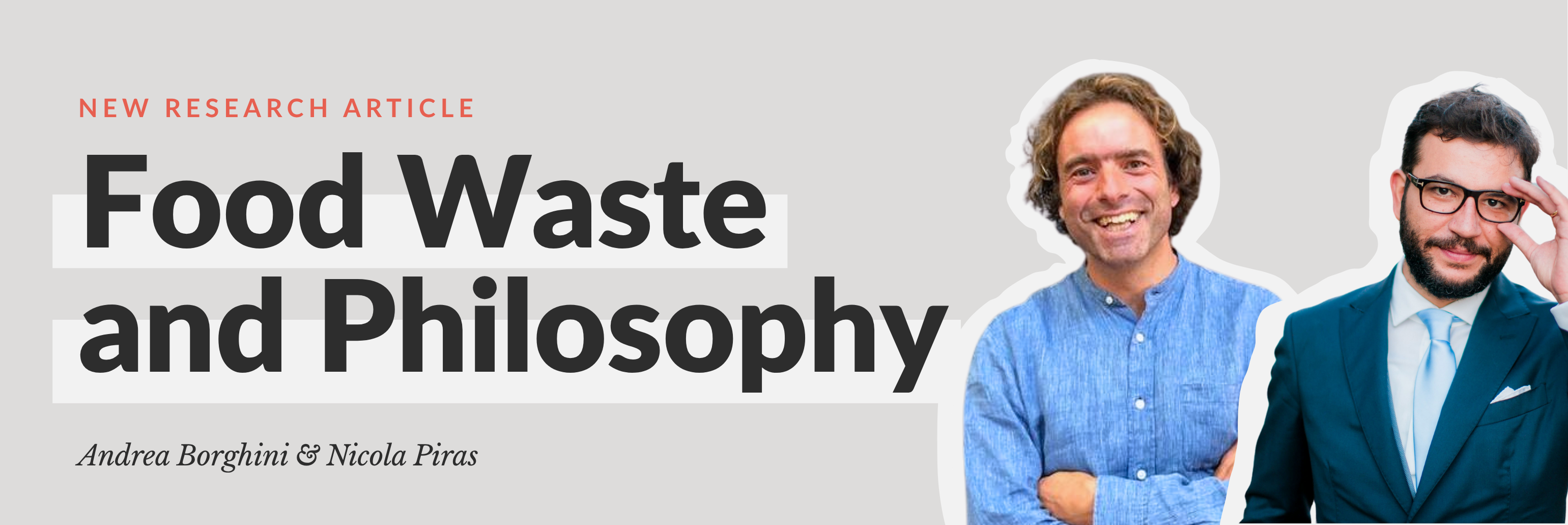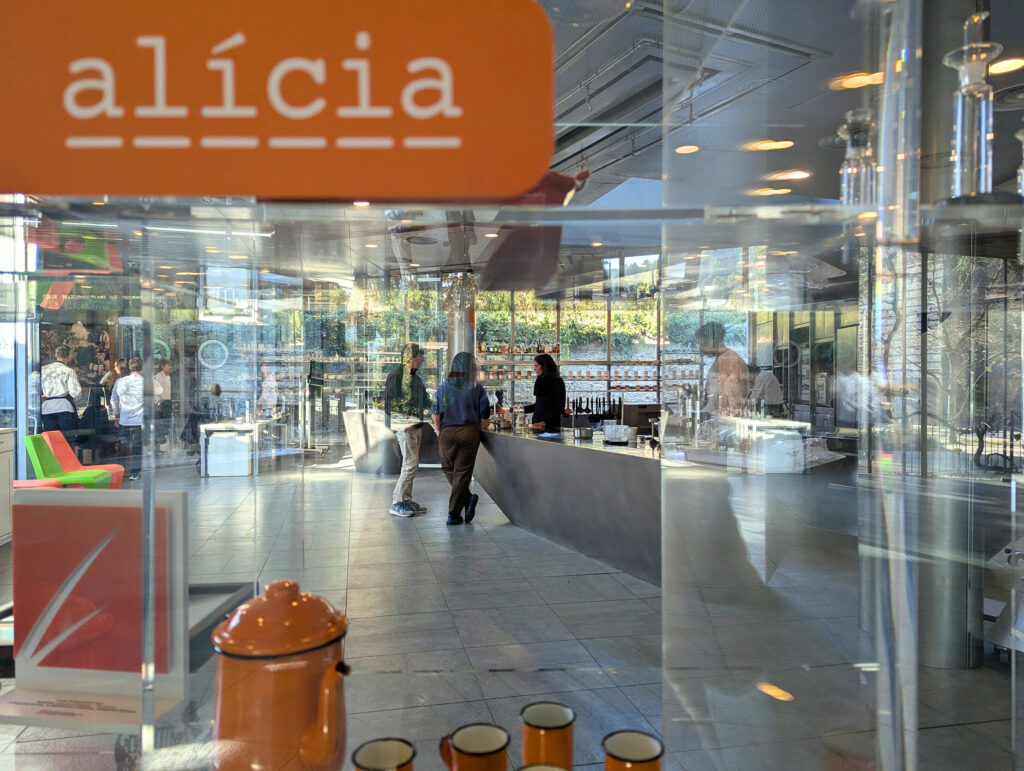Congratulations to RELISH Work Package Lead Andrea Borghini and Culinary Mind coordinator Nicola Piras on publishing their new research article, “Semantic and philosophical approaches for advancing the identification and measurement of food waste” in Nature Food (2025).
This article builds from Borghini and Piras’ long-standing effort to revise and refine food concepts using philosophical tools. In particular, they draw on analytic metaphysics and semantics, carried out together with their colleagues at Culinary Mind, an international center for the philosophy of food.
Borghini and Piras take on the challenging task of studying a seemingly innocuous concept, “food waste.” They write, “Representing a variety of epistemic and semantic intuitions regarding food waste into a unified account is a hard, possibly wicked, problem” (2025).
Today, everyone—from policymakers to companies, or chefs to home cooks—responds in some shape or form to food waste. September 29 is now the International Day of Awareness of Food Loss and Waste.
“Representing a variety of epistemic and semantic intuitions regarding food waste into a unified account is a hard, possibly wicked, problem.”
But the term “food waste” can mean many different things or is not always used to its fullest potential. “Current approaches to measuring food waste are too rigid and inflexible,” observe Borghini and Piras, concluding that “they fail to capture disagreements or changing circumstances, which limits their usefulness in developing effective policies.”

Borghini and Piras’s innovative approach consists in labeling food not as food waste (a noun) or as wasted food (an adjective), but rather through the use of the adverb wastefully. For example, instead of saying, “There is a wasted banana in the fridge,” their proposed framework would describe the same situation as, “Wastefully, there is a banana in the fridge.” This seemingly minor linguistic shift undergirds a major theoretical framework with powerful expressive potential. The adverb “wastefully” can better represent indeterminate perspectives, cultural differences, changing contexts, and reversible situations.
Their theoretical framework is built on eight essential criteria, including:
- Reversibility – considering elements that may cease to be waste
- Relationality – accounting for specific contexts
- Value sensitivity – recognizing differing normative judgments
This approach could be implemented in global food waste reporting systems, potentially transforming how governments and other agencies measure, compare, and address food waste as part of Sustainable Development Goals.
“The collection and interpretation of data increasingly shape policy decisions, both in food systems and beyond,” note Borghini and Piras, “so the way we compare and interpret food waste metrics becomes crucial for effective and meaningful action.”
In the future, Borghini and Piras would like to implement this semantic revision approach in collaboration with computer scientists and other formal ontology and philosophy projects.
We’re excited to see where their work takes them next!
You can find more information about the authors’ work and connect with them through Culinary Mind’s online conferences and colloquium series.
Andrea Borghini is an Associate Professor of Philosophy at the University of Milan and the Director of Culinary Mind.
Contact: andrea.borghini@unimi.it
Nicola Piras is a Full Researcher at the Centre for Ethics, Politics, and Society (CEPS) of the University of Minho, and a coordinator at Culinary Mind.
Contact: nicola.piras@elach.uminho.pt


